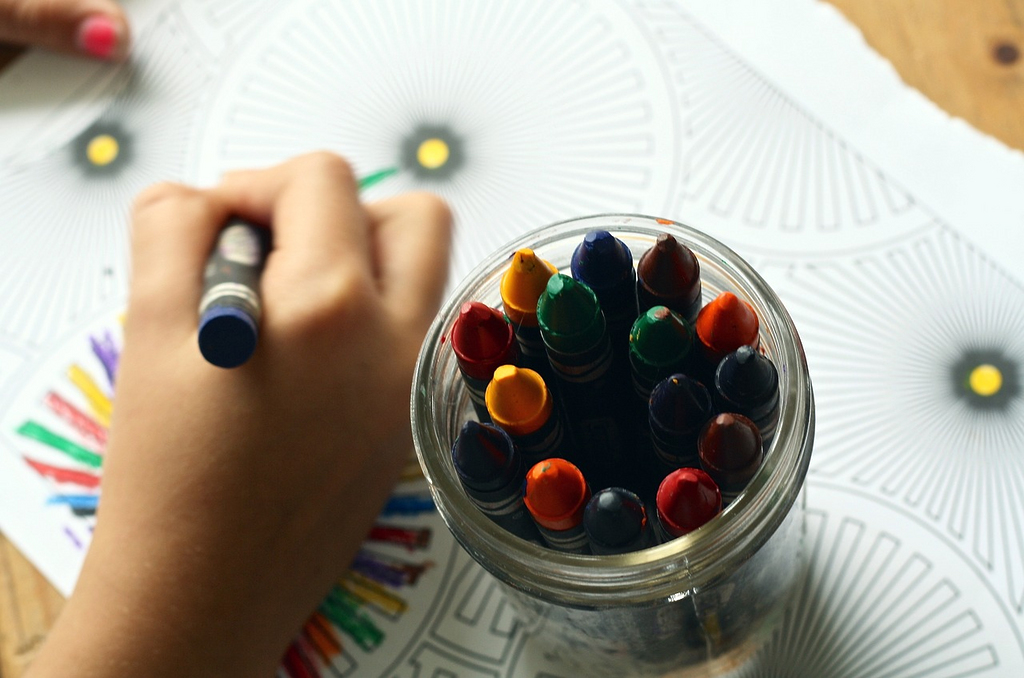Let me tell you something – finding the perfect preschool for your child can feel like finding a needle in a haystack. As parents, we want the best for our little ones and we want them to have a head start in life.
But what if I told you that the traditional academic-focused preschools may not be the best choice for your child’s overall development? Yes, you heard me right – play-oriented preschools are the way to go.
Now, I know what you’re thinking – play? How is that going to prepare my child for the future? But hear me out.
Research has shown that play-based learning can lead to better outcomes in both academic and social/emotional areas. As a mom myself, I want my child to have a well-rounded education that not only focuses on academics but also on their natural development and social skills. And I believe that play-oriented preschools are the perfect place to achieve just that.
Key Takeaways
- Play-oriented preschools lead to higher grades and social/emotional maturity in children
- Direct instruction and evaluative comments can limit young children’s learning and creativity
- Parents and teachers should prioritize social skills and free play over early academics in child-rearing
- Former students of play-oriented and balanced preschools have higher levels of success in adulthood compared to those from academic preschools.
Childhood Learning Styles
As I’ve learned, childhood learning styles are more about nurturing young minds rather than hammering them down with direct instruction. It’s like tending to a garden, where curiosity and exploration are the sunlight and water that help little buds grow.
This is why play-based activities are so important for young children to learn and develop. Academic-focused preschools may seem like the best choice for early education, but they have limitations.
They may provide direct instruction in math and reading, but they often neglect the importance of social skills and emotional maturity. Finland’s successful education system is an example of how play and social skills can lead to better outcomes.
By prioritizing these skills, children develop into well-rounded individuals who are ready to take on the challenges of adulthood.
Negative Effects of Direct Instruction
I’ve found that direct instruction can have negative effects on young children’s learning and creativity. Preschools that emphasize early academics, like math and reading, may limit children’s natural curiosity and exploration.
These highly instructional programs may have been studied for years, but the outcomes don’t hold up under scrutiny. Instead, children learn best through play and hands-on experiences.
Limitations of academic preschools have been shown to lead to emotional impairment and delinquent behavior in adolescence. That’s why social skills are so important in early education.
Parents and teachers should avoid direct instruction and evaluative comments, and prioritize free play and exploration. The most successful approaches to early education come from play-oriented and balanced preschools, where children show the highest grades and social/emotional maturity.
By focusing on social skills and free play over early academics, we can help children develop a love of learning that will last a lifetime.
Benefits of Play-Based Learning
By prioritizing hands-on experiences and fostering curiosity and exploration, children develop a love of learning that lasts into adulthood.
Play-based learning in preschools is essential for children to grow socially, emotionally, and academically. Children learn best through play and hands-on experiences, allowing them to explore and discover new things at their own pace.
Unstructured play helps children develop problem-solving, creativity, and critical thinking skills, which are crucial for their long-term success.
Research shows that children from play-oriented preschools have better outcomes in academic and social/emotional areas. They show higher levels of success in adulthood and have better grades and social/emotional maturity.
In contrast, children from academic preschools lag behind in social skills and show more delinquent activity in adolescence.
It is essential for parents and teachers to understand the benefits of unstructured play and prioritize social skills and free play over early academics. By doing so, we can help children develop a love for learning and set them up for long-term success.



